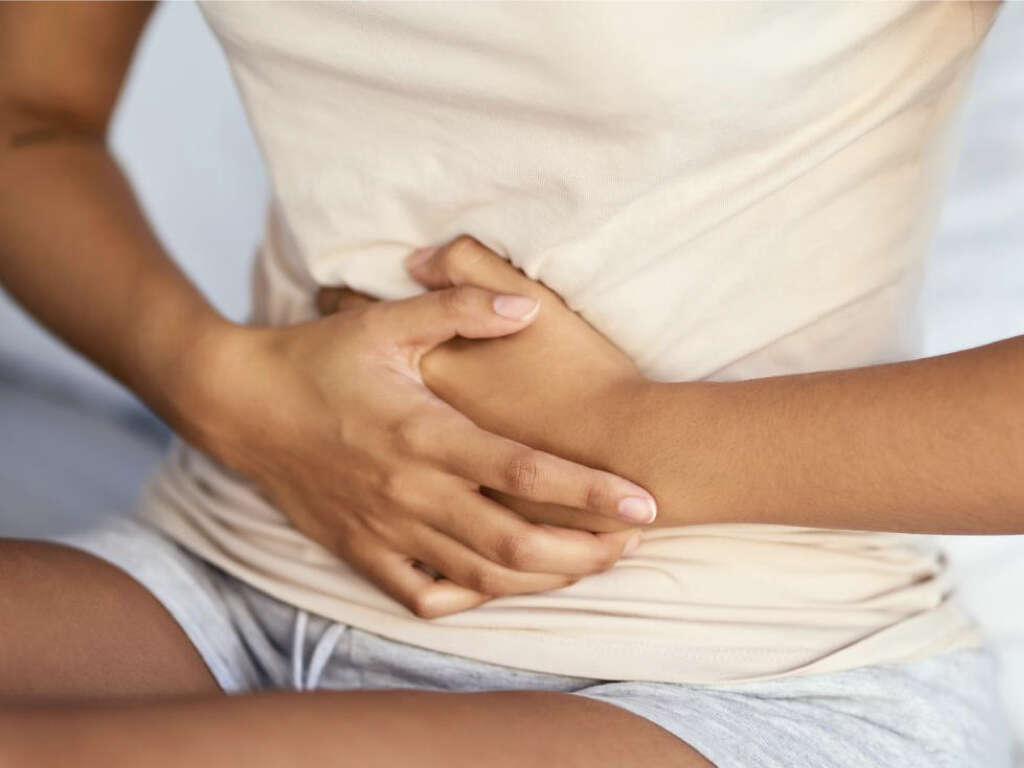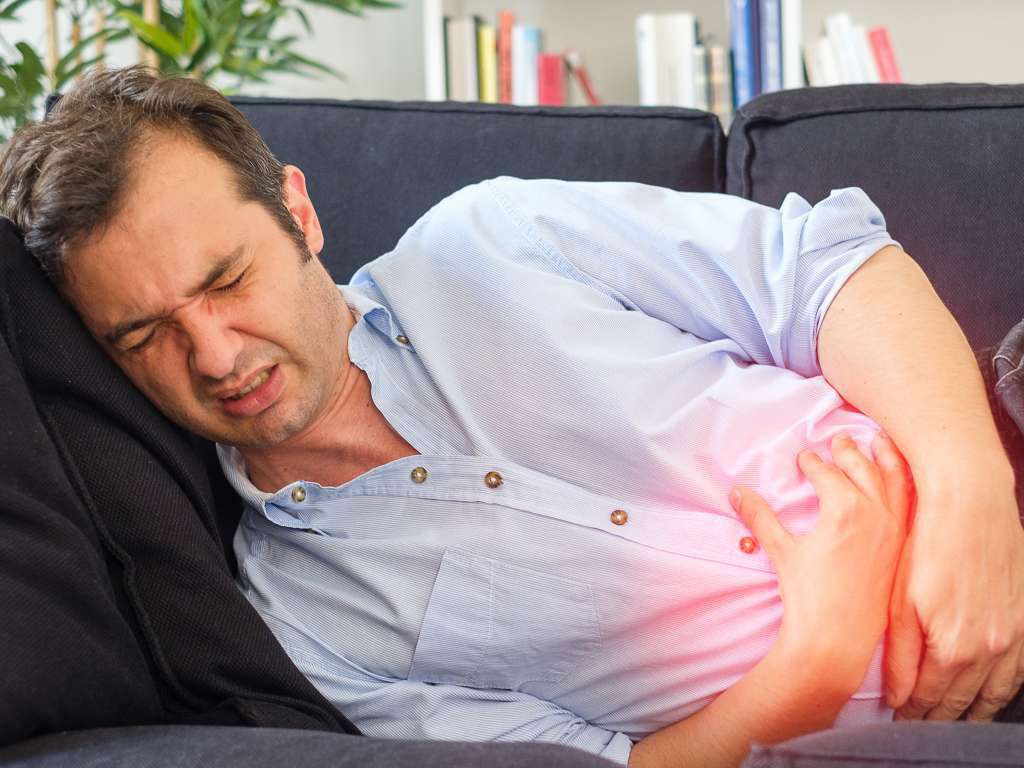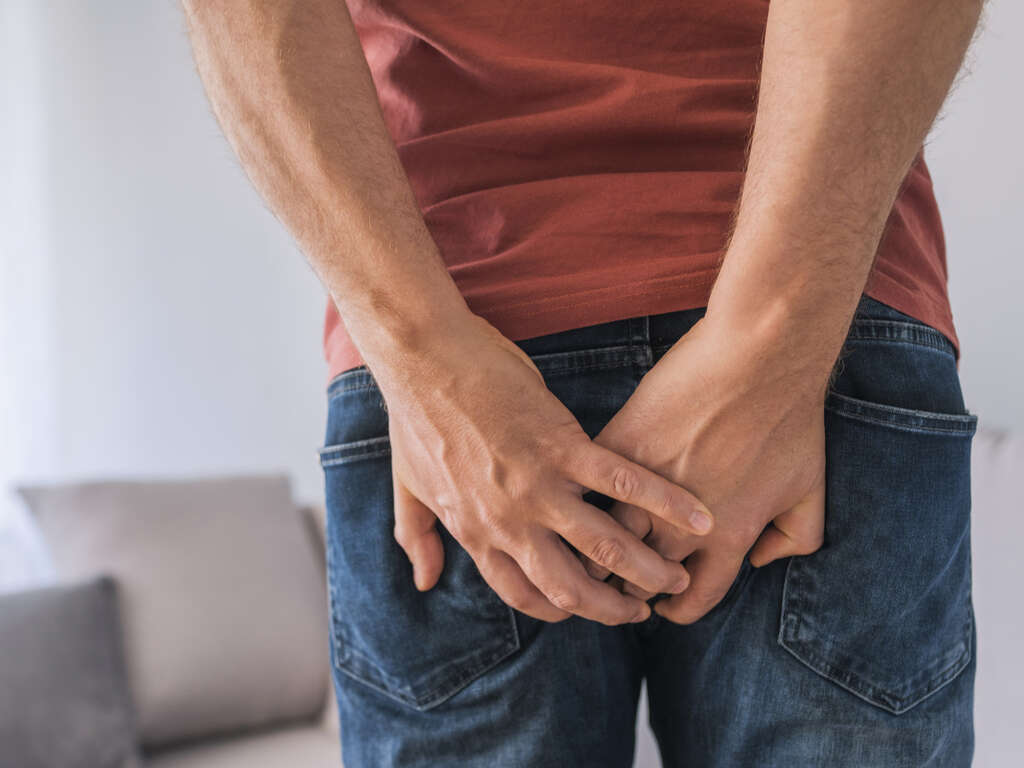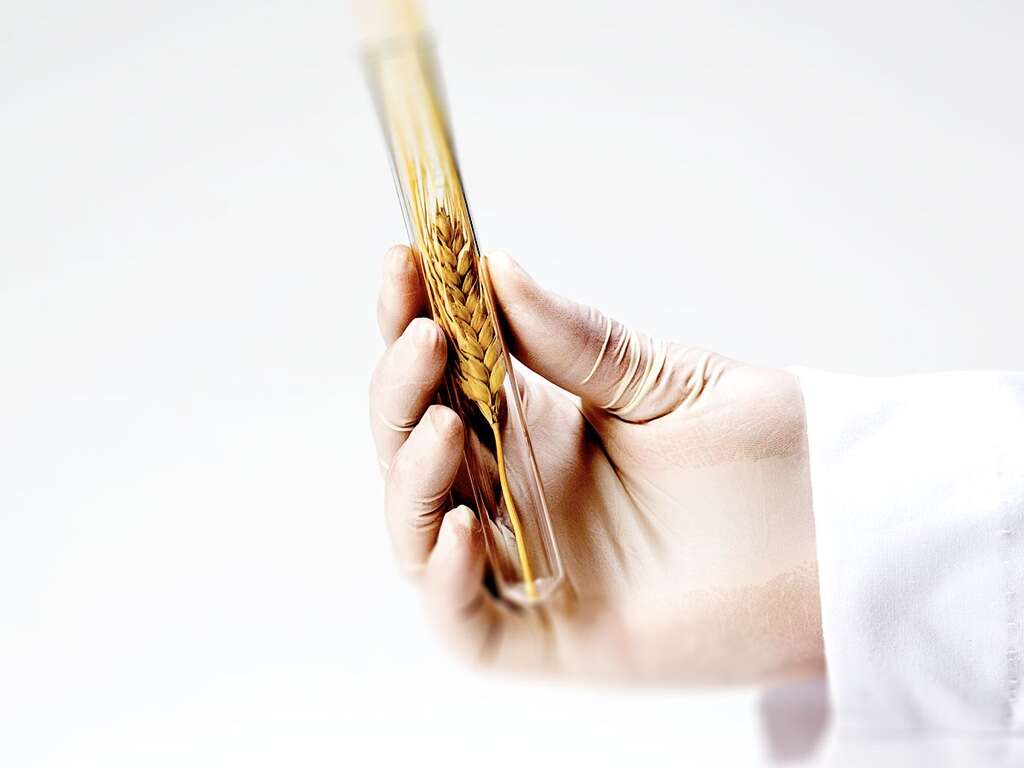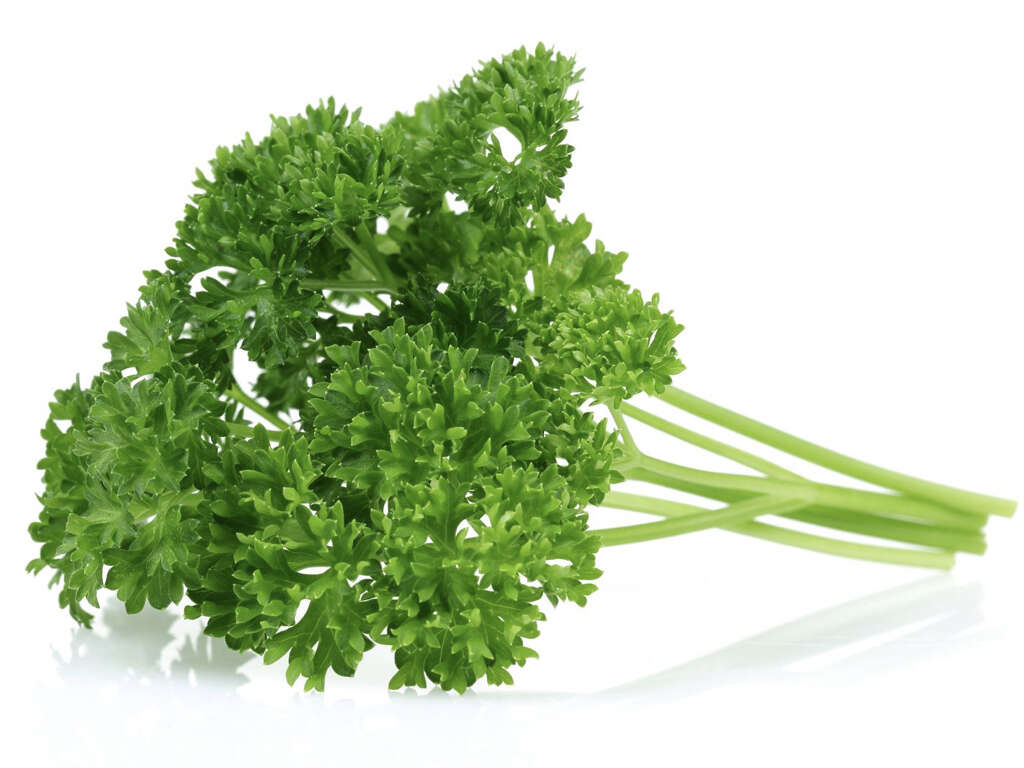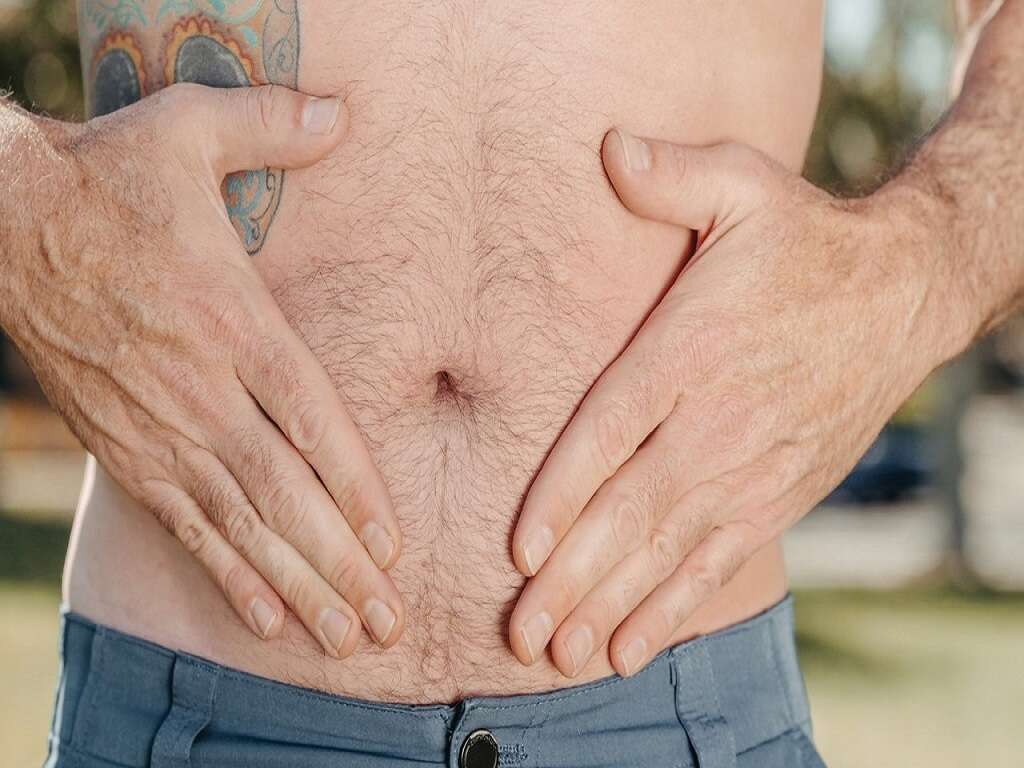Why Am I Constantly Gassy?
 Article Sources
Article Sources
- 1. 'Gas in the Digestive Tract.' National Institute of Diabetes and Digestive and Kidney Diseases, U.S. Department of Health and Human Services, www.niddk.nih.gov/health-information/digestive-diseases/gas-digestive-tract
- 2. Publishing, Harvard Health. 'Gas (Flatulence).' Harvard Health, www.health.harvard.edu/a/to/z/gas-flatulence-a-to-z
- 3. 'Gas in the Digestive Tract.' Johns Hopkins Medicine, www.hopkinsmedicine.org/health/conditions-and-diseases/gas-in-the-digestive-tract
- 4. Gas By Jonathan Gotfried, et al. 'Gas - Digestive Disorders.' Merck Manuals Consumer Version, Merck Manuals, www.merckmanuals.com/home/digestive-disorders/symptoms-of-digestive-disorders/gas
- 5. 'Gas and Gas Pains.' Mayo Clinic, Mayo Foundation for Medical Education and Research, 3 Mar. 2020, www.mayoclinic.org/diseases-conditions/gas-and-gas-pains/symptoms-causes/syc-20372709
- 6. 'Intestinal Gas Causes.' Mayo Clinic, Mayo Foundation for Medical Education and Research, 16 Apr. 2019, www.mayoclinic.org/symptoms/intestinal-gas/basics/causes/sym-20050922
- 7. 'Irritable Bowel Syndrome.' Mayo Clinic, Mayo Foundation for Medical Education and Research, 15 Oct. 2020, www.mayoclinic.org/diseases-conditions/irritable-bowel-syndrome/symptoms-causes/syc-20360016
- 8. 'Gastroesophageal Reflux Disease (GERD).' Mayo Clinic, Mayo Foundation for Medical Education and Research, 22 May 2020, www.mayoclinic.org/diseases-conditions/gerd/diagnosis-treatment/drc-20361959
- 9. 'Celiac Disease.' National Institute of Diabetes and Digestive and Kidney Diseases, U.S. Department of Health and Human Services, www.niddk.nih.gov/health-information/digestive-diseases/celiac-disease
- 10. 'Dumping Syndrome.' National Institute of Diabetes and Digestive and Kidney Diseases, U.S. Department of Health and Human Services, www.niddk.nih.gov/health-information/digestive-diseases/dumping-syndrome
- 11. 'Abdominal Adhesions.' National Institute of Diabetes and Digestive and Kidney Diseases, U.S. Department of Health and Human Services, www.niddk.nih.gov/health-information/digestive-diseases/abdominal-adhesions
Preventing Excess Gas
Eating and drinking slowly and chewing food thoroughly before swallowing may help limit gassiness. Avoiding foods and beverages that cause gas for a few days, then adding them back into the diet one at a time can help pinpoint the culprits most likely to cause gas.
Those wanting to add more fiber to their diet should do so gradually to limit the production of gas. Some people find taking a product containing enzymes that break down carbohydrates may help aid digestion, thereby reducing gassiness.2Publishing, Harvard Health. ‘Gas (Flatulence).’ Harvard Health, www.health.harvard.edu/a/to/z/gas-flatulence-a-to-z
Advertisement



